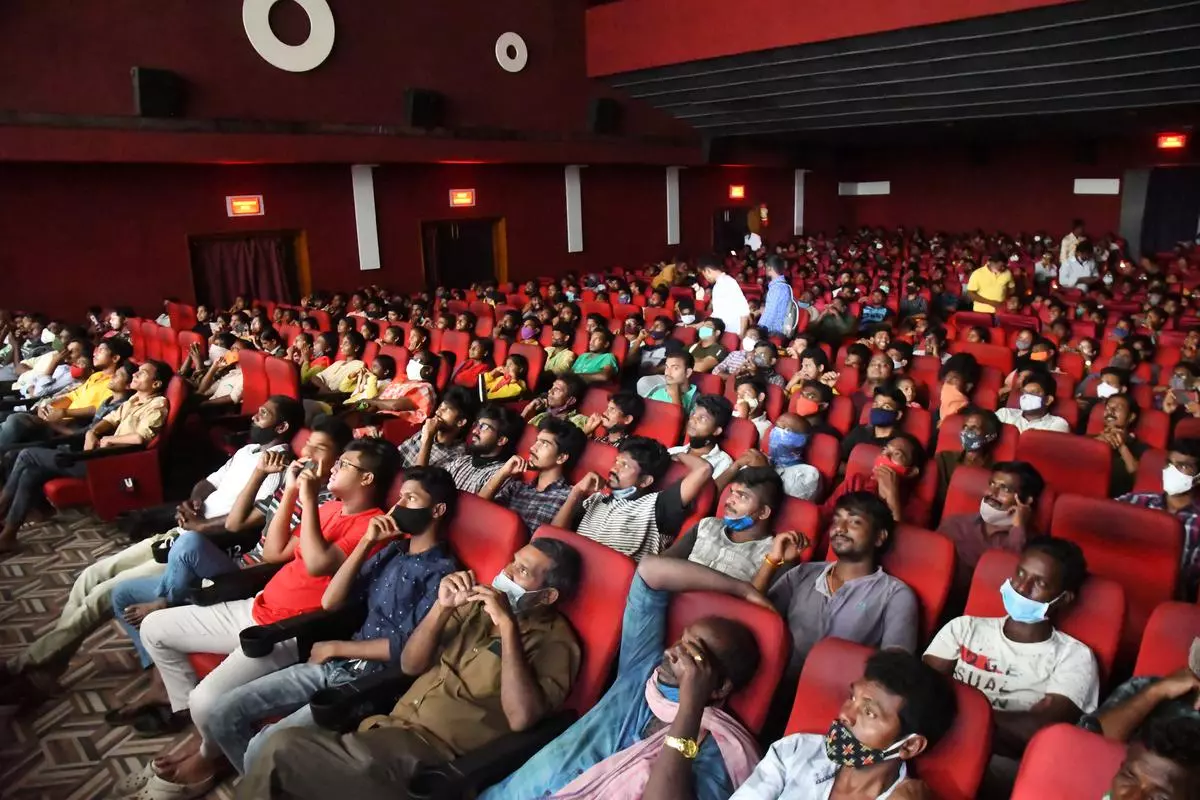This article is neither a review nor an appreciation of any particular film. Cinema, beyond entertainment, is a powerful medium of mass communication. However, in contemporary times, a majority of industry professionals seem to prioritize financial gains over creative or societal value. Rising production costs are a significant factor behind this focus.
Unfortunately, some individuals within the industry are resorting to unethical tactics to cause financial losses to films produced by others. These acts often stem from psychological insecurity about their positions, ideological differences, or biases based on religion, region, caste, or language.
Every individual has the right to express an opinion on a film, and such perceptions must be respected. Yet, reviews should never be prejudiced or aimed at harming the industry or any person associated with a film. Criticism should be constructive, free from ulterior motives, and focused solely on the work itself.
Unemployment remains a pressing problem in India, and the film industry plays a crucial role in addressing it. Films—from any region or language—employ countless people and generate significant government revenue through entertainment taxes. Yet today, the industry faces stiff competition from sports, television, digital content, and other forms of entertainment. Piracy exacerbates these challenges, leaving many producers grappling with financial losses and struggling to attract audiences to theatres.

The deliberate, unethical strategies of a few individuals to sabotage films only deepen the problem. Such acts are self-destructive and threaten the long-term sustainability of the cinema industry. Audiences must learn to differentiate between advertisement, publicity, and propaganda. When any of these cross ethical boundaries, they can cause irreparable damage to filmmakers, actors, and all stakeholders.
Jealousy and foolishness often defy logic. Sometimes, the strengths of a film are twisted into weaknesses through negative propaganda by those with vested interests. This discourages investment in good films, threatening the growth of the entire industry. Selfish individuals must understand that deliberately spreading negativity will eventually backfire. Social media and audience awareness will expose such tactics, tarnishing reputations and eroding trust. While an individual can mislead some people for a time, they cannot deceive everyone indefinitely.

It is noteworthy that Indian audiences also support foreign films, even when language barriers exist, appreciating their entertainment value. This has allowed foreign producers to earn immense profits and gain recognition. Tragically, while some countries impose restrictions or taxes on Indian films, certain members of our own industry seek to harm Indian cinema through parochial or self-serving actions.
Public awareness is gradually improving, enabling audiences to distinguish between genuine reviews and those with malicious intent. Yet, as the saying goes, “Falsehood flies, and truth comes slowly limping later.” Therefore, a paradigm shift is urgently needed among those who engage in negative tactics. Their actions not only harm the industry but ultimately jeopardize their own credibility.
All stakeholders must actively promote positive publicity and create an environment where audiences can enjoy films in theatres at reasonable costs. Strict measures must be taken against piracy to protect the interests of producers and viewers alike. Such steps will encourage audiences to return to theatres and ensure the sustainability of quality filmmaking.
The Indian cinema industry should not be fragmented by narrow biases or selfish agendas. Wisdom must prevail, that those with negative intentions abandon their destructive path, and that the industry flourishes for the benefit of all its stakeholders. While the selfish may dominate the present, the future—the “spring”—belongs to the well-wishers of Indian cinema.






